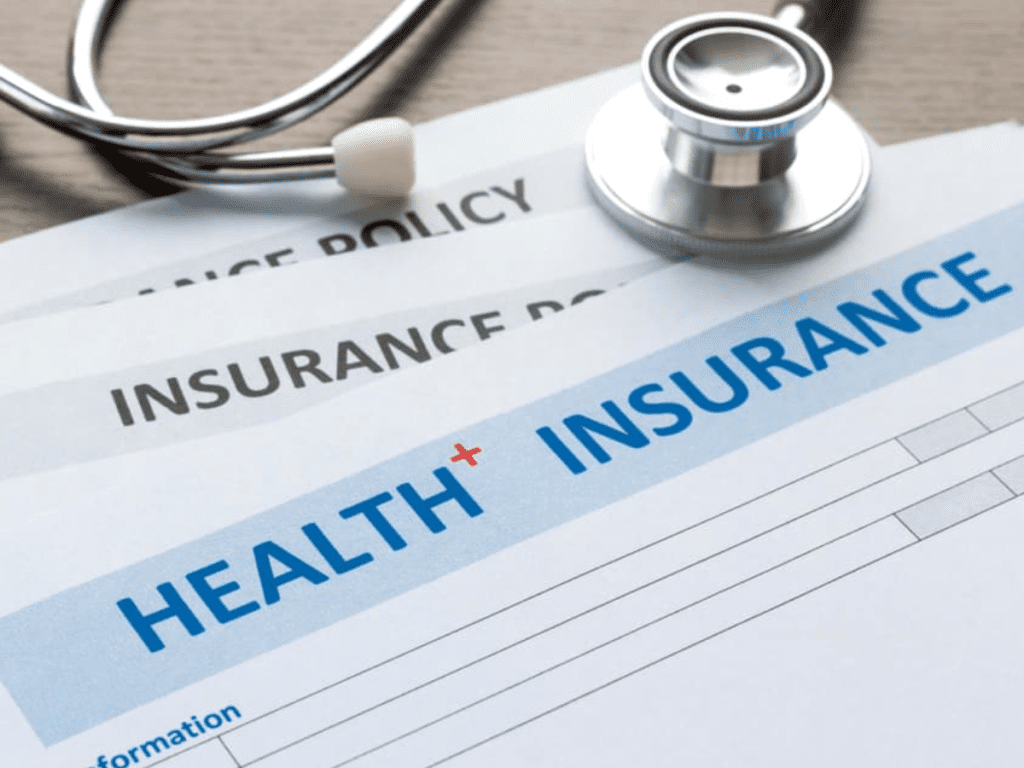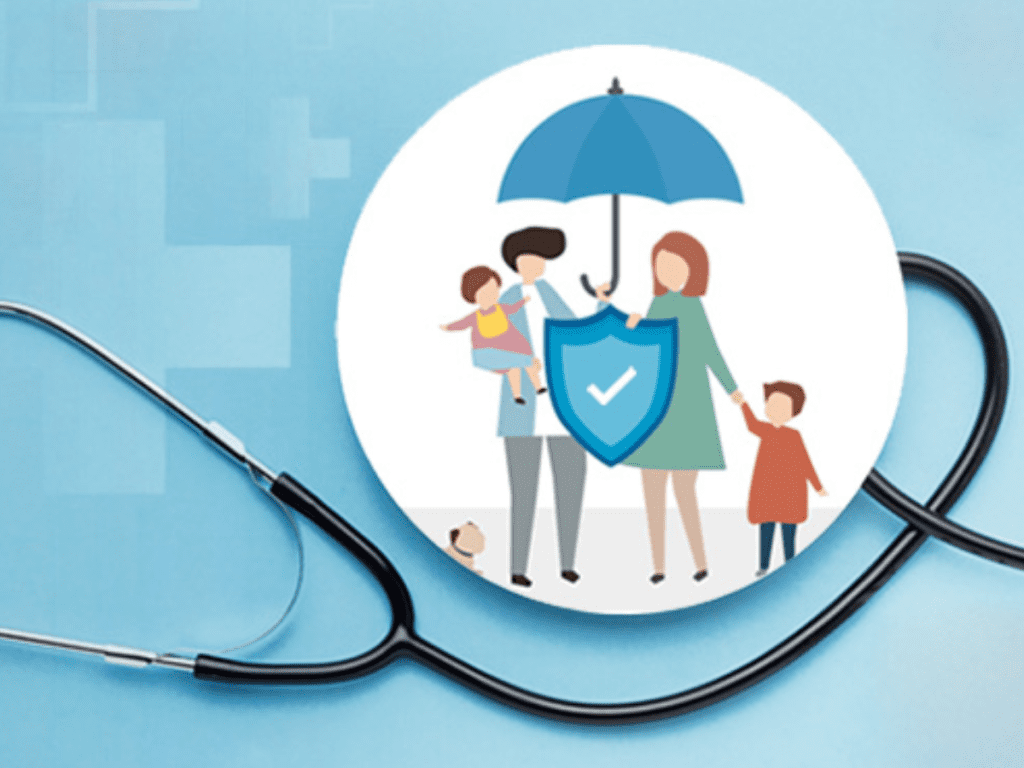Introduction
Preventive care is one of the most powerful tools in modern healthcare. It focuses on maintaining health, detecting potential issues early, and managing risk factors before they become serious problems. When used effectively, preventive care can lead to a longer, healthier life and reduce the overall cost of medical treatment. In this article, we’ll explore why preventive care matters, what services are typically covered by health insurance, and how you can make the most of your coverage to stay healthy throughout the year.
Understanding Preventive Care
Preventive care refers to medical services that aim to prevent illnesses or detect them early when they are easier to treat. This includes routine check-ups, screenings, immunizations, and counseling services. The goal is to maintain good health and catch health issues before they become major concerns. Rather than waiting until symptoms arise, preventive care encourages proactive management of health.
Examples of preventive services include blood pressure checks, cholesterol screenings, mammograms, colonoscopies, vaccinations, and diabetes screenings. These tests can reveal underlying issues that might not show any symptoms yet but can lead to serious problems if ignored.
The Benefits of Preventive Care
Preventive care has multiple benefits for individuals, families, and the healthcare system as a whole. One of the most obvious advantages is early detection. For many conditions such as cancer, diabetes, or heart disease, catching the problem early can drastically improve outcomes and reduce treatment costs.
Regular check-ups also allow healthcare providers to track your health trends over time. This means that even small changes in blood pressure, weight, or other vital signs can be addressed before they become larger issues. It provides a baseline that makes it easier to recognize when something isn’t right.
Preventive care also helps reduce healthcare costs in the long term. While it may seem like you’re spending money on doctor visits or screenings when you feel fine, these services are typically far less expensive than emergency care or hospital stays. Insurance companies often cover preventive care at no cost because they recognize that keeping people healthy ultimately reduces claims.
How Health Insurance Supports Preventive Care
Most modern health insurance plans, especially those compliant with the Affordable Care Act (ACA) in the United States, are required to cover a list of essential preventive services at no out-of-pocket cost to the patient. This means you won’t need to pay a copay, coinsurance, or deductible for certain preventive services as long as you use an in-network provider.
These services can include:
- Annual physical exams
- Routine vaccinations
- Cancer screenings (like mammograms and colonoscopies)
- Blood pressure and cholesterol checks
- Type 2 diabetes screening
- Depression screening
- Obesity screening and counseling
- Tobacco use counseling
- Birth control and contraceptive counseling
It’s important to read your insurance plan documents or speak to a representative to understand exactly what is covered under your plan.
How to Use Your Insurance to Stay Healthy Year-Round
Using your health insurance wisely can help you stay healthy throughout the year. Here are some practical tips on how to do that.
1. Schedule Your Annual Check-Up
One of the easiest ways to stay on top of your health is to schedule an annual physical exam with your primary care provider. This visit allows your doctor to review your medical history, conduct a physical exam, and order basic tests. It also gives you the opportunity to ask questions and discuss any changes in your health.
2. Keep Up With Vaccinations
Vaccinations are a key part of preventive care. They protect you and others from infectious diseases and are often covered at 100% by insurance. Make sure you’re up to date on flu shots, tetanus boosters, shingles vaccines, and other immunizations based on your age and health status.
3. Know Your Screening Schedule
Depending on your age, gender, and risk factors, your doctor will recommend various screenings. These might include mammograms, colonoscopies, Pap smears, or prostate exams. Follow your doctor’s recommendations and don’t put off these tests. They can detect problems before symptoms appear.
4. Monitor Chronic Conditions
If you have a condition like diabetes, high blood pressure, or asthma, regular check-ups and tests can help keep it under control. Insurance often covers disease management programs that include additional support like coaching, medication reviews, and nutritional counseling.
5. Take Advantage of Mental Health Services
Mental health is an important part of overall wellness. Many insurance plans now include coverage for therapy, counseling, and medication management for mental health conditions. Even if you don’t have a diagnosed condition, talking to a mental health professional can help with stress, anxiety, and life challenges.
6. Use Telehealth for Convenience
Telehealth services have become more popular and widely covered by insurance. These virtual visits make it easier to speak to a healthcare provider without needing to travel. Telehealth is great for follow-up visits, minor illnesses, or mental health counseling.
7. Understand Your Preventive Care Benefits
Spend some time reviewing the preventive services covered by your insurance plan. You can usually find this information on your insurer’s website or by calling customer service. Make a checklist of recommended services and schedule them throughout the year so you’re not rushing at the last minute.
8. Set Health Goals and Track Progress
Work with your doctor to set realistic health goals, whether it’s lowering your cholesterol, quitting smoking, or losing weight. Use apps, fitness trackers, or journaling to monitor your progress. Some health plans offer rewards or discounts for participating in wellness programs or reaching health milestones.
The Role of Lifestyle in Preventive Health
While insurance covers many aspects of preventive care, much of your long-term health depends on your daily choices. A balanced diet, regular exercise, sufficient sleep, and avoiding tobacco and excessive alcohol are critical components of preventive health.
Eating a diet rich in fruits, vegetables, whole grains, and lean proteins provides your body with the nutrients it needs to function properly. Exercise helps maintain a healthy weight, improves cardiovascular health, and supports mental well-being. Getting seven to nine hours of sleep per night allows your body to repair and recharge.
Avoiding harmful substances is also crucial. Smoking, for example, is linked to numerous health problems including lung cancer, heart disease, and stroke. If you smoke, talk to your doctor about cessation programs that your insurance may cover.
Barriers to Preventive Care and How to Overcome Them
Despite the availability of preventive care, many people still don’t take full advantage of it. Common barriers include lack of time, fear of medical procedures, cost concerns, and lack of awareness.
To overcome these obstacles, try the following:
- Plan ahead: Schedule appointments during less busy times of the year or take time off work for health visits.
- Get informed: Learn about what’s covered so you don’t worry about unexpected costs.
- Build trust: Choose a primary care provider you feel comfortable with. A strong doctor-patient relationship makes it easier to discuss concerns.
- Educate others: Encourage your family and friends to get preventive care too. Health can be contagious—in a good way.
Special Considerations for Different Age Groups
Preventive care isn’t one-size-fits-all. Your age, gender, and medical history influence what screenings and services you need.
- Children and adolescents: Regular well-child visits include developmental screenings, immunizations, and guidance on nutrition and safety.
- Young adults: Screenings for STIs, mental health, and lifestyle risks become important. This is also a good time to establish lifelong health habits.
- Middle-aged adults: Cancer screenings, cholesterol checks, and blood pressure monitoring become more crucial. This is also the time to watch for early signs of chronic diseases.
- Older adults: Additional screenings for osteoporosis, cognitive decline, and vision or hearing loss may be recommended. Vaccinations like shingles and pneumococcal become important.
Leveraging Employer Wellness Programs
Many employers offer wellness programs as part of their health benefits. These programs often include incentives for getting annual check-ups, joining a gym, or attending health education classes. Participating in these programs can improve your health while also saving money.
Ask your human resources department about what wellness resources are available through your employer-sponsored insurance. You might be surprised at what’s offered—free fitness trackers, discounts on healthy groceries, smoking cessation tools, and more.
Conclusion
Preventive care is an essential component of a healthy lifestyle and a smart way to make the most of your health insurance. By taking advantage of covered services like check-ups, vaccinations, and screenings, you can catch health problems early, avoid costly treatments, and enjoy a better quality of life. Combine this with good daily habits—like exercising, eating well, and managing stress—and you have a powerful formula for long-term health.
Your health insurance is more than just a safety net for emergencies; it’s a tool that can help you stay well year-round. Start by scheduling that annual check-up, talking to your provider about what screenings you need, and setting health goals you can track and achieve. Preventive care isn’t just about avoiding illness—it’s about investing in your future.

